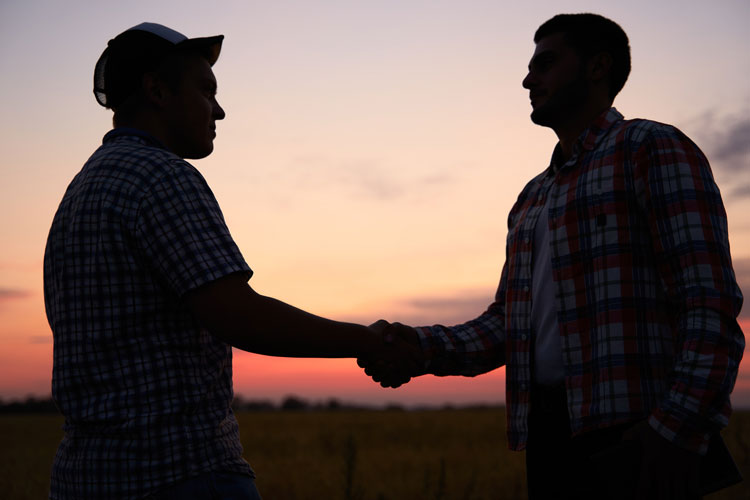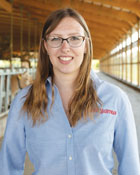
I was recently involved in a discussion among some of my professors and classmates regarding consumer interaction and education. We had spoken to a dairy farmer earlier that day who had concerns about the way the community felt about their farm. The word “hate” was even brought into the conversation.
This is not the first time that I’ve heard this concern from a dairy farmer, nor will it be the last, but when we start considering solutions or improvements to the situation, the same question always comes up: “Is it really the farmer’s job to do all this?”
Yes, we have dairy promotion and dairy checkoff and co-ops and all sorts of promotional organizations. Yes, we have marketing and advertising campaigns. But yes, it is also the farmer’s job to maintain their social license within their community. In fact, it can boost their business.
It has always seemed strange to me that the norm in this industry isn’t to have someone on your farm in charge of helping maintain your relationship with your community through public relations, communications, advertising, or whatever it may be. For most other businesses, small or large, that career field is essential, even if they already have a national or overarching organization advocating for them on a larger scale. However, we seldom find agricultural businesses that work with people on a local level to communicate with consumers.
I get it, most people don’t go into dairy farming because they love consumer interaction. They do it because they love cows, they love feeding people, or a plethora of other reasons. But this distaste for consumer interactions is what got us into this mess in the first place.
The average consumer has no idea where their local dairy farmers are. They don’t know who they are, why they do what they do, or what they are doing to take care of their cows, the environment, and the community around them.
So yes, we have dairy promotion and checkoff dollars, but nothing can replace the impact of speaking to someone from your community about your business that undoubtedly impacts that very space.
There are people who will hate you no matter what you do, and we can’t do much about that. There are people who will love you no matter what you do. But the majority of people are undecided, unsure, and likely to listen to whoever is the loudest. The general population feels very removed from the agricultural world, yet they eat three times a day. They are connected to us, whether they realize it or not, and the context they come to that realization in is up to us.
